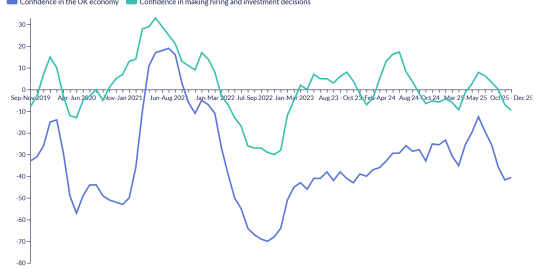Australian bankers are increasingly looking for work in Asian financial centres, but employers in Singapore and Hong Kong have raised the bar to entry.
Vacancies for expats are often very senior, and/or very niche and product specific. A lack of local clients (and language skills) means Australian candidates aren't always appropriate, especially for client-facing positions.
If banks do decide to employ expats, they will usually consider internal relocations first and then search for staff who have worked in Asia earlier in their careers. Foreigners are still popular for roles requiring complex product knowledge, but UK/US experience is vital.
As eFinancialCareers reported in May, Aussies with London or New York backgrounds are in a much better position than those who have only worked at home, despite the growing respect in Asia for Australiaís rapidly expanding and well-financed domestic banks.
James Carss, director, banking and financial services at Hudson in Hong Kong, offers the following assessment: ìIn a very tight job market, there are few areas where overseas candidates can actively compete with local candidates in Hong Kong. All front-office areas are extremely quiet, with the exception of private banking where Asian relationships and a healthy AUM are essential.î
Sam Belcher, manager of banking and financial services at Ambition in Singapore, warns: ìCandidates need to have solid, stable experience, good qualifications and a compelling reason as to why they want to be based in Asia. And they would need to fund a trip out here for interviews.î
And even if you are luckily enough to land a job in Asia, youíre unlikely to become a fat cat expat. Apart from a handful of top-level leadership jobs, most banks now only cover a basic initial relocation (flights for your family and one-monthís accommodation). You will probably be employed on local terms - so forget the car, school fees, rental allowance and other glamorous perks.
All is not lost in Asia
There are functions where it still might be worth sending your CV to Asia. Banking IT recruitment in Singapore, for example, remains one of the sectors least affected by the financial crisis, and there are new opportunities as banks like BNP Paribas and Barclays Capital look to grow their IT hubs in the city state.
ìMore than 80 per cent of our IT banking permanent placements made in Singapore and Hong Kong investment banks recently have been from overseas candidates,î says Will Feint, principal consultant at recruiters Confero.
Asia is no stranger to the upheaval caused by deals like Nomura/Lehman Brothers and Bank of America/Merrill Lynch. But banking-sector consolidation it is now starting to open up opportunities for senior project managers, who are needed at firms that are merging, cost cutting and/or looking to position themselves for a market upswing, says Richie Holliday, managing director of Morgan McKinleyís Hong Kong office.
Aussie returnees from London or New York might find that the cutting-edge knowledge gained in those two cities makes them perfect for product control roles in Asia. ìThere is still demand for accountants with a minimum of three yearsí product control/accounting experience. Singapore is an established global hub where banks continue to hire and where London-learnt skills are in demand,î James Rushworth, a director at search firm Profile, tells eFinancialCareers.com.au.
Itís a similar story in internal audit, compliance and risk, according to Robert Conway, head of banking and finance at Talent2 in Hong Kong. ìProduct specialists within capital markets and asset management are in demand, particularly the former,î he adds.
Transactional banking is also making a comeback in Asia, with firms like Standard Chartered, ANZ and Citigroup sometimes hiring foreigners, especially in non-sales roles. ìThe product and supply-chain knowledge that they bring to trade finance jobs is of particularly interest to banks in Asia,î says Farida Charania, director at search firm Nastrac.
Breaking into Asia is tough for Aussies

Australian bankers are increasingly looking for work in Asian financial centres, but employers in Singapore and Hong Kong have raised the bar to entry




